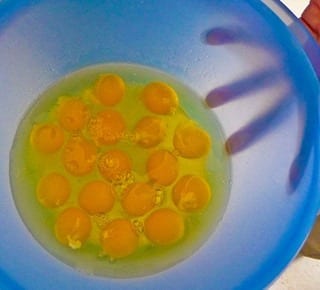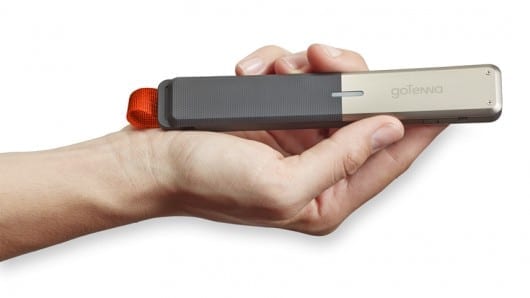One case involving stem cells occurred in the past year with Haruko Obokata, a young cell biologist at the Riken research institute in Japan
It is in the nature of scientists to argue over the evidence for or against any important breakthrough. Sometimes announcements made in good faith do not stand up to detailed scrutiny, namely the replication of the research by other experts.
On other occasions, scientists can be duped by the misconduct of their own colleagues prepared to cherry-pick favourable data to suit their conclusions, or, even worse, to fabricate data and commit outright scientific fraud – the most heinous crime in science.
One of the best examples of fraudulent research in recent years was the work on the cloning of human embryos by the South Korean researcher Hwang Woo-Suk of Seoul National University who announced in two scientific studies published in 2004 and 2005 that he had isolated human embryonic stem cells.
It turned out that he had faked many of the results and that he had engaged in dubious ethical pra
ctices in obtaining the human eggs needed for the research. He was eventually charged and found guilty of embezzlement and bioethical violations.
Read more . . .
The Latest on: Bad science
[google_news title=”” keyword=”Bad science” num_posts=”10″ blurb_length=”0″ show_thumb=”left”]
via Google News
The Latest on: Bad science
- This Texas veterinarian helped crack the mystery of bird flu in cowson May 1, 2024 at 2:42 pm
The first calls that Dr. Barb Petersen received in early March were from dairy owners worried about crows, pigeons and other birds dying on their Texas farms. Within days, the Amarillo veterinarian ...
- Are Michigan marijuana customers vaping the real stuff or the results of a science experiment?on May 1, 2024 at 9:37 am
Up to 20 percent of marijuana vaping products probably didn't come from marijuana, a testing lab found through a sampling of retail products available to customers.
- The Bad Batch series finale recap: Now THAT was a Star War!on May 1, 2024 at 9:05 am
The Bad Batch has come to an end. Let's recap everything you missed in that amazing finale, "The Calvary Has Arrived." ...
- Police: DC woman dies 1 week after being hit by car in Bowieon May 1, 2024 at 8:25 am
The Prince George’s County Police Department (PGPD) said a pedestrian died a week after being hit by a car in Bowie. Officers responded to the area of Pleasant Prospect Road and Bishops Content Road ...
- Don't use science fiction to inspire public policy on AIon April 30, 2024 at 11:01 pm
Science fiction and fantasy scenarios seem like an odd fit for ... Crafting policy that’s not based in reality will mean we have bad policy with negative effects in the real world. AI is already ...
- Immunizing consumers against bad news can protect brands, says studyon April 30, 2024 at 12:49 pm
Abercrombie & Fitch. Balenciaga. Starbucks. In recent years, these brands and many others have faced extreme public backlash due to insensitive comments from executives, changes to loyalty programs, ...
- Overcoming Our Mysterious Loss Of Motivation Through New Brain Scienceon April 30, 2024 at 5:00 am
The New Neuroscience that Frees Us from Failure, Eases Our Stress, and Creates Lasting Change by Dr. Kyra Bobinet is now available.
- Emerging AI technologies make it easier for bad actors to 'conceptualize and conduct' chemical, biological, radiological or nuclear attacks: DHSon April 29, 2024 at 2:08 pm
Emerging technologies in artificial intelligence will make it easier for bad actors to "conceptualize and conduct" chemical, biological, radiological or nuclear attacks, according to a report released ...
- 15 must-see summer movies, from 'Deadpool & Wolverine' and 'Furiosa' to 'Bad Boys 4'on April 29, 2024 at 12:30 pm
From the dynamic duos of "Deadpool & Wolverine" and "Bad Boys 4" to the hot-rod queen of "Furiosa," 15 summer movies to put on your calendar.
- Fact Check: CO2 does help plants grow, but it is still bad for global warmingon April 29, 2024 at 3:01 am
The use of extra carbon dioxide (CO2) in commercial greenhouses to aid plant growth is being touted online to falsely imply climate-change warnings are a “scam”.
via Bing News











